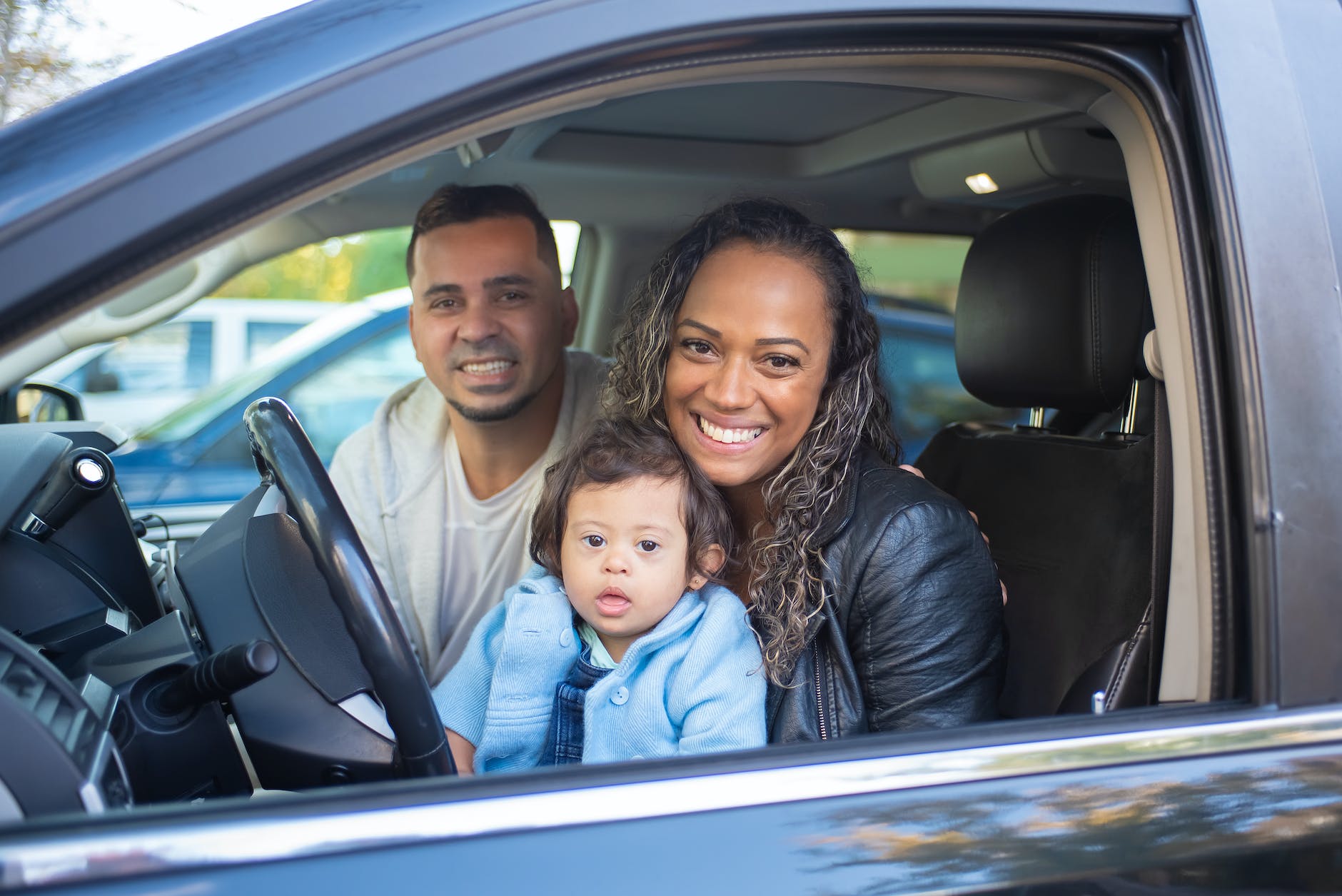
Heading on a long car journey with all the family? Long-distance driving on busy motorways can be challenging and safety should always be prioritised.

How many accidents have occurred on UK roads over the last few years?
Road traffic accidents occur on our roads every year, and each occurrence is often a preventable tragedy. Statistics show that someone is either killed or seriously injured on UK roads every 16 minutes.
It’s estimated that there were 1,760 fatalities reported as a result of a road collision in the year ending June 2022. Additionally, 137,013 casualties of all severities were reported, too.
Plan your route beforehand
Research your route before setting off to ensure you have a clear idea of where you’re going. This is to ensure that you don’t have to fiddle around with your satnav or phone whilst you’re driving, which could cause serious distractions.
Learn of any road closures along the way so you can avoid detours where possible. A smooth journey to your destination means you’ll arrive there with ease.
Take regular breaks
Always take regular breaks if you’re driving long distances to prevent fatigue and loss of focus. Fatigue is a significant cause of many driver-related accidents, so it’s recommended that you take a 15-minute break every two hours whilst on the road.
You should always get a good night’s sleep the night before a long journey. Feel free to stop off at services when you’re feeling tired, or if you simply need your caffeine fix to get you through the ride.
Keep your car in good condition
Always check the basics of your car’s condition before hitting the road. You don’t want anything to happen en route, such as your car breaking down.
Be sure to check your oil, water and fuel levels and check that all your lights are working properly so you stay visible to other road users. It’s also important to check that your car tyres are suitable and are at the correct pressure.
Pack an emergency kit
In case of an emergency, it’s always good to be prepared. Keep an emergency kit in the boot of your car should anything go wrong.
This could include a first aid kit, a tyre inflator, spare fuses and bulbs and a litre of engine oil and a handy touch up paint kit for fixing minor imperfections on the car's surface. Keep some snacks and extra water and a couple of blankets, too.
Keep your distance
If you’re travelling on motorways, be sure to keep at least two seconds behind the car in front. Tailgating can cause serious accidents, especially in wet weather conditions.
You must always keep an appropriate stopping distance between yourself and the vehicle in front to avoid any accidents.


















Leave a Reply